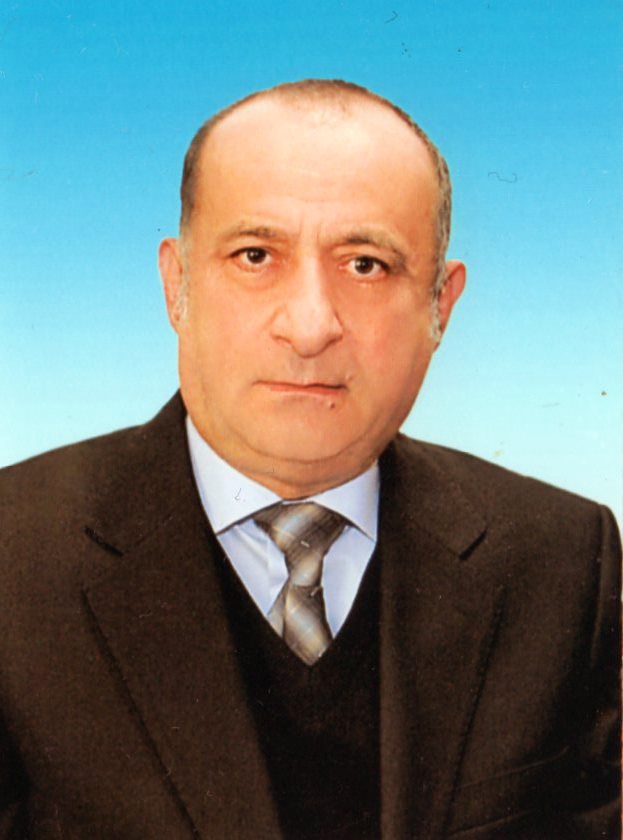İbrahimov Firedun Nadir
| Place of birth | Azerbaijan, Sheki, Qudula |
|
| 05.02.1952 | ||
| Education | Azerbaijan State Pedagogical University | |
| Scientific degree | Doctor of Pedagogical Sciences | |
| Title | Professor | |
| Topic of PhD thesis: - specialty code - specialty name - topic name |
5801.01
Teaching methods of mathematics The problem of forming celestial images of students in the mathematics teaching process | |
| Topic of doctoral thesis: - specialty code - specialty name - topic name |
5804.01 General pedagogy, the history of pedagogy and education Fundamentals of optimal relations between algorithmic and heuristic activities in learning process | |
| Total number of printed scientific publications: - number of scientific publications printed abroad: - number of papers published in journals indexed and abstracted in international databases | 171
15 | |
| Number of patents and certificates of authorship |
| |
| Staff training: - number of PhD - number of Doctor of sciences |
| |
| Basic scientific achievements |
| |
| Names of scientific works |
| |
| Membership with international and foreign scientific organizations | Active member of Social and Pedagogy Academy of Russia | |
| Pedagogical activity | ASPU`s Sheki branch, Head of department | |
| Other activities |
| |
| Awards and prizes | Honored teacher of Azerbaijan Republic, Advanced education worker | |
| Main place of work and its address | Sheki, ASPU`s Sheki branch, Resulzade Street, 305 | |
| Position | Lead researcher | |
| Office phone |
| |
| Mobile | ( 050) 51139 02 | |
| Home phone | (+99424) 2440507 | |
| Fax |
| |
| | ||












